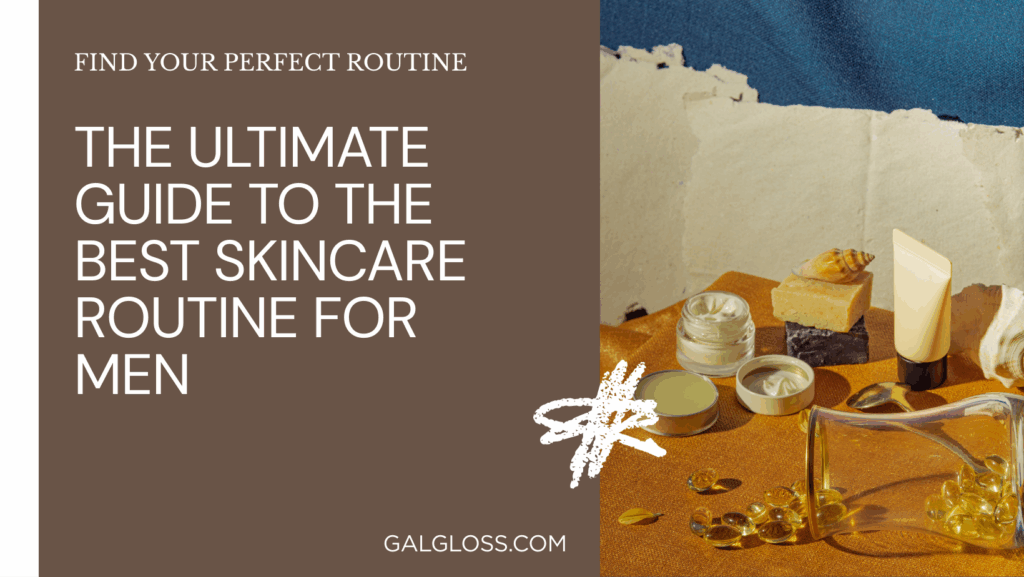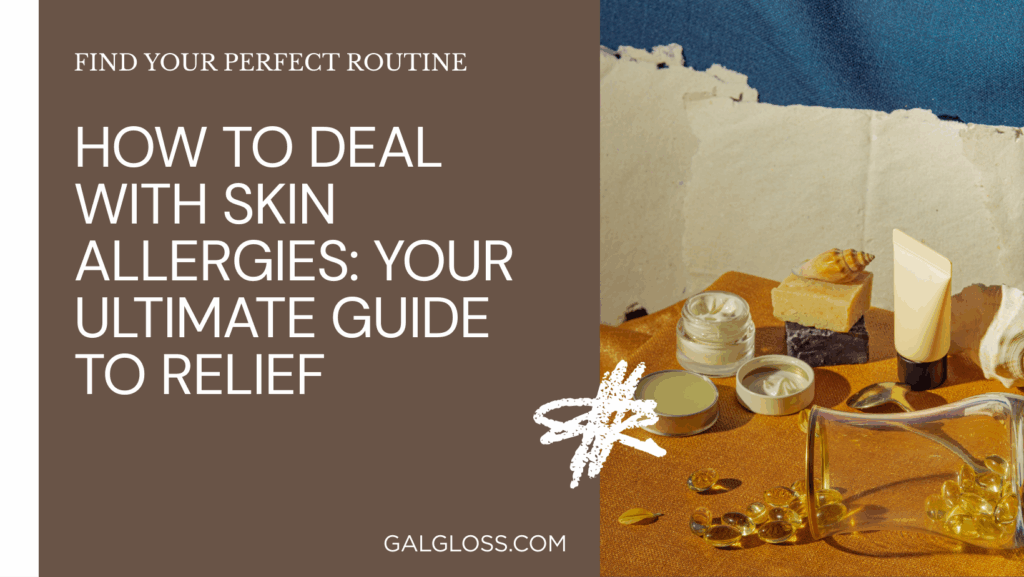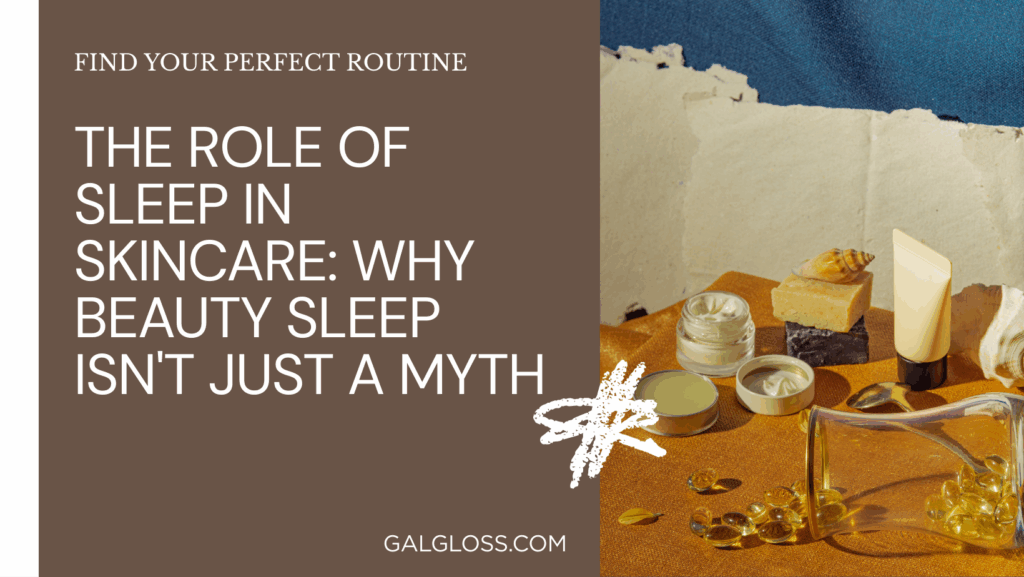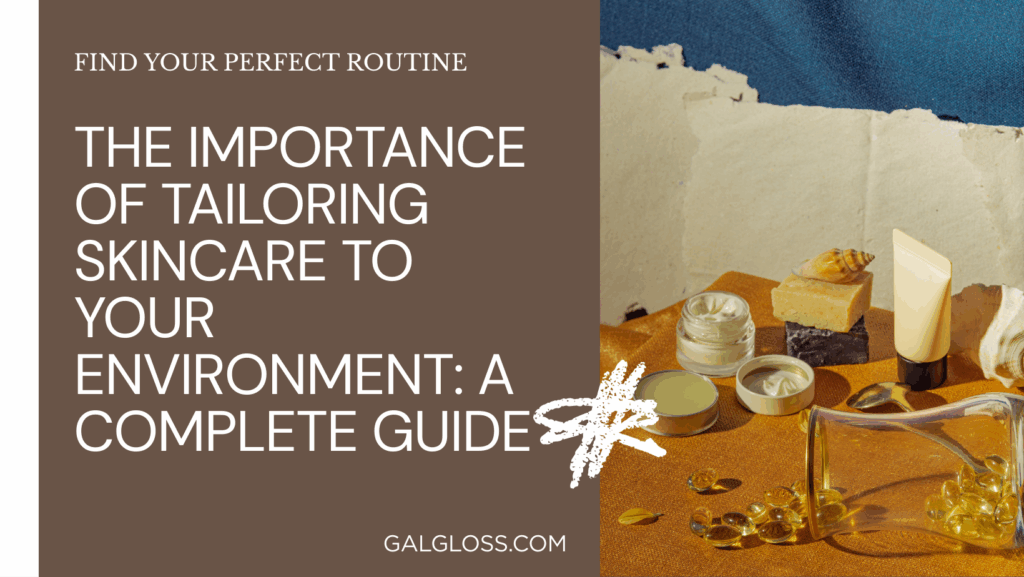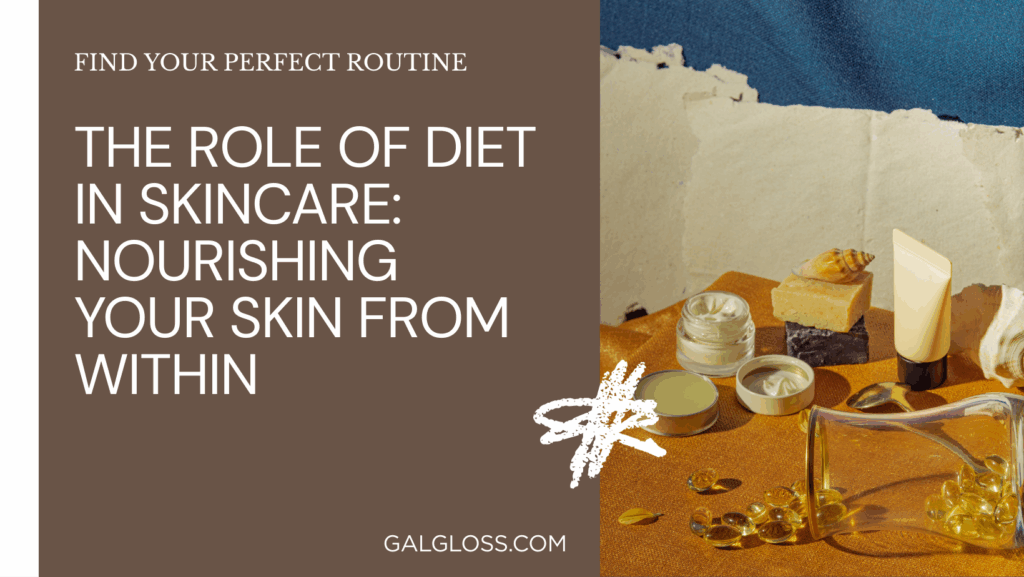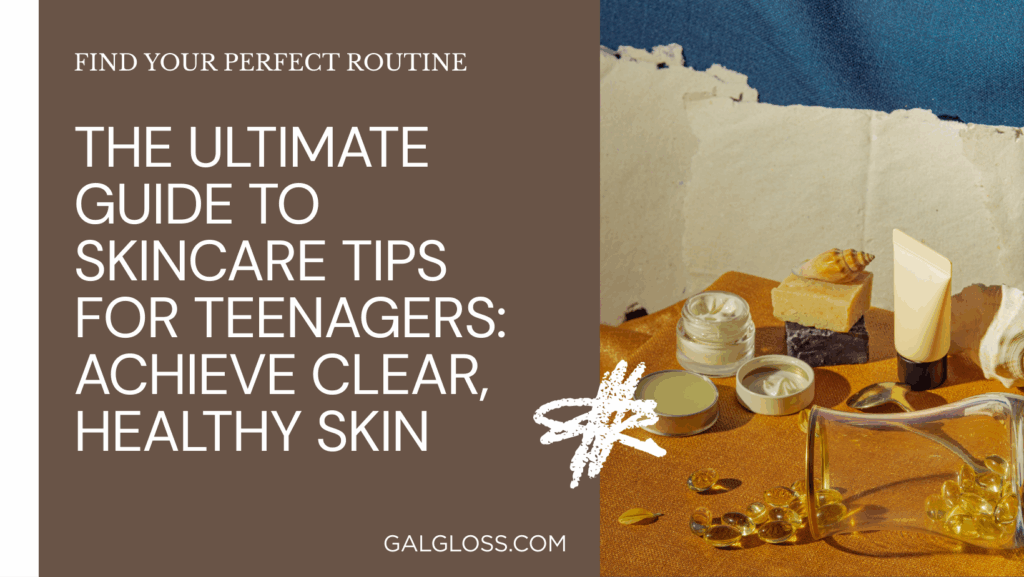Ever put on your favorite foundation only to end up with an itchy, red face? You’re not alone. Dealing with skin sensitivity to makeup can feel like walking through a beauty minefield. But don’t worry, I’ve got your back!
Let’s face it (pun intended), makeup should make us feel confident, not uncomfortable. If you’re tired of playing Russian roulette with your cosmetics, you’ve come to the right place. In this guide, we’ll dive deep into the world of sensitive skin and makeup, exploring everything from identifying your triggers to finding products that’ll make your skin happy.
Skin sensitivity to makeup isn’t just a minor inconvenience. It can range from mild irritation to full-blown allergic reactions. Signs can include redness, itching, burning, or even breakouts. Yikes! But here’s the good news: with the right knowledge and approach, you can still rock that glam look without the discomfort.
So, why is addressing this issue so important? Well, besides the obvious discomfort, ignoring skin sensitivity can lead to long-term damage. Plus, let’s be honest, it’s hard to feel your best when your skin is freaking out.
Ready to become a pro at managing your sensitive skin? Let’s get started on this journey to comfortable, beautiful skin. Trust me, by the end of this post, you’ll be armed with all the info you need to face the makeup world with confidence!
Understanding Skin Sensitivity
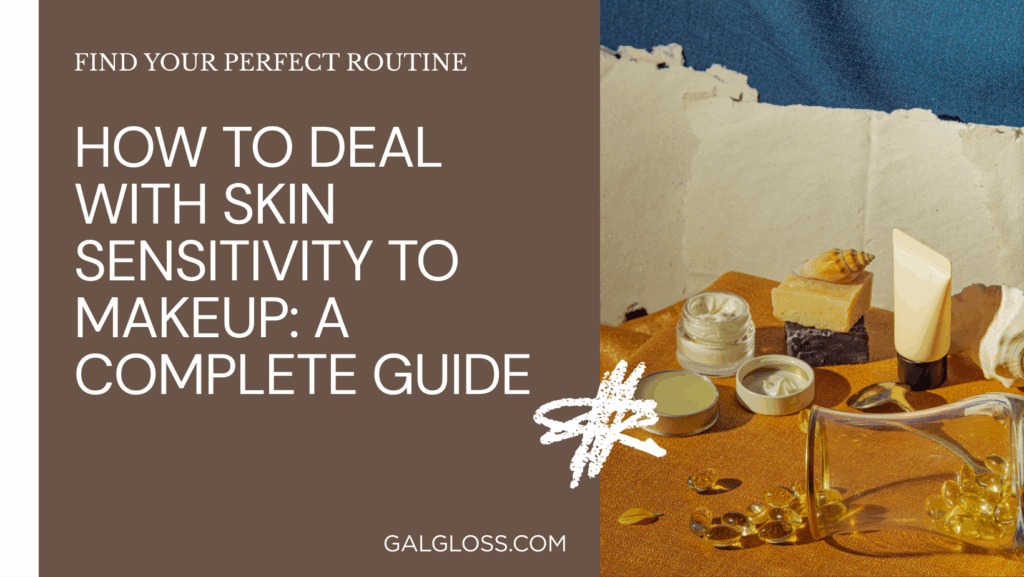
Alright, let’s get to the root of the problem. What’s causing your skin to throw a tantrum every time you apply makeup?
Skin sensitivity to cosmetics can be triggered by a variety of factors:
- Allergic reactions
- Irritant contact dermatitis
- Underlying skin conditions (like eczema or rosacea)
- Overuse of products
- Environmental factors
Think of your skin as a protective barrier. When this barrier is compromised, it’s like leaving the door wide open for irritants to waltz right in. Common culprits include fragrances, preservatives, and even some natural ingredients. Yep, just because it’s natural doesn’t mean it’s always skin-friendly!
Types of skin reactions can vary. You might experience:
- Redness
- Itching
- Burning sensation
- Swelling
- Dryness or flaking
- Breakouts
Remember, everyone’s skin is unique. What causes a reaction in you might be perfectly fine for your bestie. That’s why it’s crucial to…
Identify Your Skin Type and Sensitivities
Knowing your skin type is like having a secret weapon in your beauty arsenal. Are you:
- Dry?
- Oily?
- Combination?
- Normal?
- Sensitive?
Here’s a quick test: Wash your face, wait an hour, then press a tissue to different areas. If it’s oily all over, you’ve got oily skin. Dry in some spots, oily in others? That’s combination. No oil and feels tight? You’re in the dry camp.
But wait, there’s more! Sensitive skin isn’t a skin type—it’s a condition that can affect any skin type. Signs of sensitive skin include frequent redness, itching, burning, and dryness.
Common allergens in makeup products include:
- Fragrances
- Preservatives (like parabens)
- Dyes
- Metals (like nickel)
- Emulsifiers
Pro tip: Keep a skin diary. Note which products you use and any reactions you have. It’s like being a detective, but for your face!
Choosing the Right Makeup Products
Now that you know your skin better than your high school bestie, it’s time to pick the right products. But wait, what’s all this jargon on the labels?
Hypoallergenic vs. Non-comedogenic:
- Hypoallergenic: Less likely to cause allergic reactions
- Non-comedogenic: Won’t clog pores
But here’s the kicker—these terms aren’t regulated by the FDA. So while they’re a good starting point, they’re not a guarantee.
Best ingredients for sensitive skin:
- Aloe vera
- Chamomile
- Green tea
- Niacinamide
- Hyaluronic acid
Ingredients to avoid:
- Fragrances
- Alcohol
- Sulfates
- Parabens
- Essential oils (yes, even natural ones can irritate!)
Some top brands for sensitive skin include:
- Bare Minerals
- Clinique
- Neutrogena
- Physician’s Formula
- IT Cosmetics
Remember, what works for one person might not work for another. It’s all about finding your perfect match!
Prepping Your Skin for Makeup
Before you even think about reaching for that foundation brush, let’s talk prep. A good skincare routine is like prepping a canvas before painting a masterpiece.
- Cleanse gently: Use a mild, fragrance-free cleanser. No harsh scrubbing!
- Tone (optional): If you use a toner, go for an alcohol-free version.
- Moisturize: Lock in that hydration with a sensitive skin-friendly moisturizer.
- Prime: A good primer can create a barrier between your skin and makeup.
Pro tip: Always patch test new products on your inner arm before slathering them all over your face.
Makeup Application Techniques for Sensitive Skin
Alright, it’s showtime! But before you go all Picasso on your face, let’s talk technique.
Tools matter:
- Use clean, soft brushes or sponges
- Wash your tools regularly (I’m talking at least once a week, folks!)
- Consider silicone applicators—they’re less likely to harbor bacteria
Application tips:
- Start with a light layer and build up gradually
- Pat, don’t drag: This minimizes irritation
- Be extra gentle around the eye area
- Set your makeup with a light dusting of mineral powder or a sensitive skin-friendly setting spray
Remember, less is often more when it comes to sensitive skin. You don’t need to cake it on to look fabulous!
Removing Makeup Safely
After a long day, all you want to do is faceplant into bed. But hold up! Proper makeup removal is crucial for sensitive skin.
- Use a gentle, oil-based remover for waterproof makeup
- Try micellar water for a quick and easy option
- Always follow up with a gentle cleanser
- Pat (don’t rub!) your face dry with a soft towel
Never, ever sleep in your makeup. It’s like inviting irritants to an all-night party on your face!
Natural and DIY Alternatives
If commercial products are still giving you grief, why not try the DIY route?
Mineral makeup is a great option for sensitive skin. It’s usually free from common irritants and provides natural sun protection.
Some DIY recipes to try:
- Oatmeal mask: Mix ground oats with a bit of water for a soothing treat
- Honey cleanser: Raw honey is naturally antibacterial and super gentle
- Aloe vera gel: Use as a natural moisturizer or primer
Remember, natural doesn’t always mean better for sensitive skin. Always patch test, even with DIY recipes!
When to Seek Professional Help
Sometimes, we need to call in the big guns. If you’re experiencing severe or persistent reactions, it’s time to see a dermatologist.
Signs you should seek professional help:
- Persistent redness or irritation
- Severe allergic reactions
- Changes in skin texture or color
- Reactions that don’t improve with over-the-counter treatments
A dermatologist can perform patch tests to identify specific allergens and may prescribe treatments for severe reactions.
Lifestyle Changes to Reduce Skin Sensitivity
Believe it or not, what you put in your body can be just as important as what you put on it.
Diet tips:
- Stay hydrated: Water is your skin’s best friend
- Eat anti-inflammatory foods: Think berries, leafy greens, and fatty fish
- Limit processed foods and sugar: They can exacerbate inflammation
Stress management:
- Practice relaxation techniques like deep breathing or meditation
- Get enough sleep: They don’t call it beauty sleep for nothing!
- Exercise regularly: It boosts circulation and can help reduce stress
Remember, healthy skin starts from within. Treat your body right, and your skin will thank you!
Conclusion
Whew! We’ve covered a lot of ground, haven’t we? Let’s recap the key points:
- Understand your skin type and sensitivities
- Choose the right products for your skin
- Prep your skin properly before applying makeup
- Use gentle application techniques
- Remove makeup thoroughly and gently
- Consider natural alternatives
- Don’t hesitate to seek professional help if needed
- Make lifestyle changes to support skin health
Dealing with skin sensitivity to makeup can feel overwhelming, but remember, it’s a journey. What works for you might take some trial and error to discover. Be patient with your skin, and don’t be afraid to experiment (safely, of course!).
The most important takeaway? Listen to your skin. It’s trying to tell you something, so pay attention! With the right approach, you can absolutely rock that makeup look without the discomfort.
So go forth, my sensitive-skinned friends, and conquer the makeup world! Your perfect, irritation-free glam awaits. Remember, true beauty starts with healthy, happy skin. Now, who’s ready to slay?
